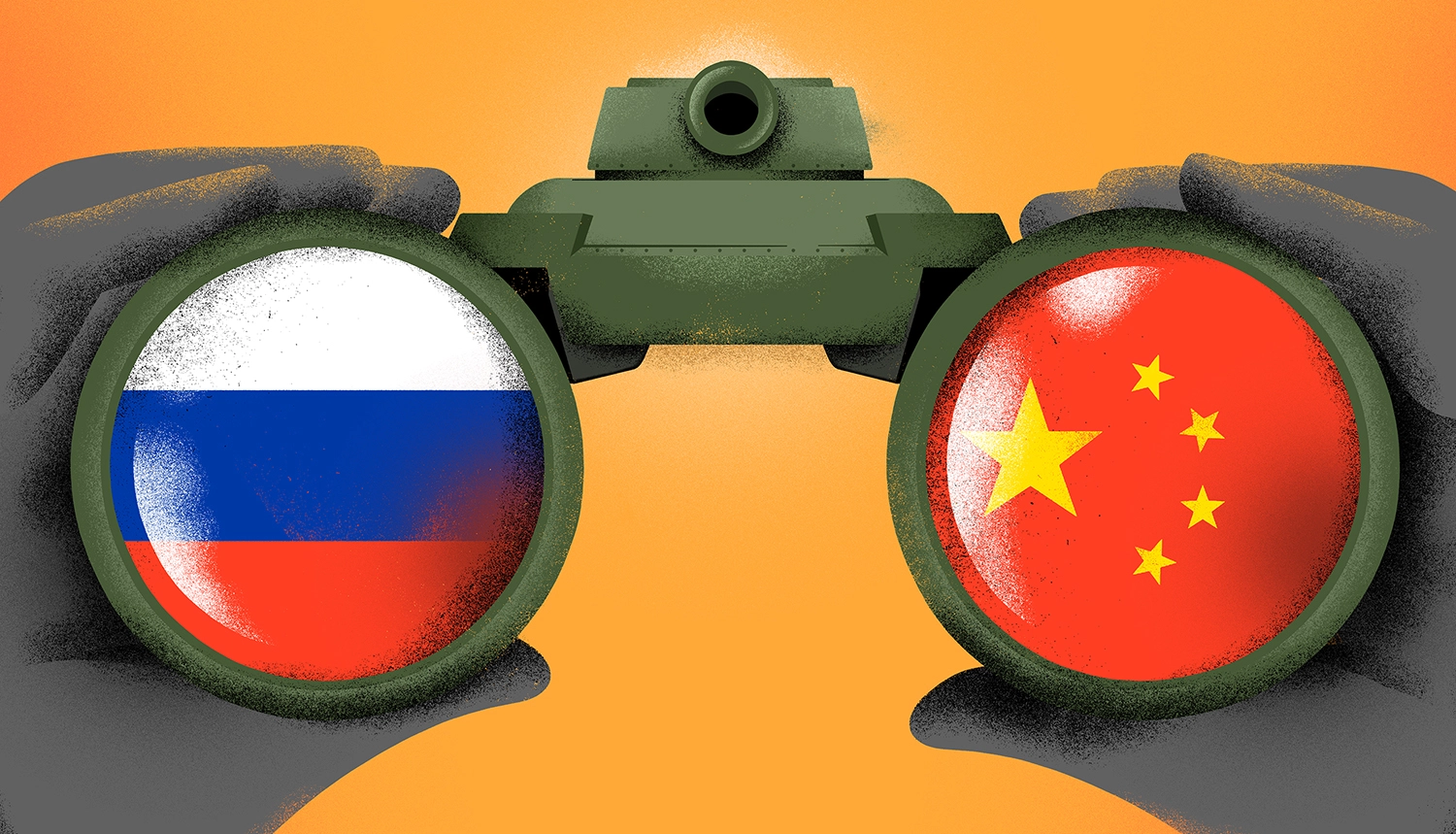The “twelve-point plan” proposed by China on February 24, one year to the day after the Russian invasion of Ukraine, has fizzled. In the following days, European reactions oscillated between skepticism and criticism.
The “twelve-point plan” proposed by China on February 24, one year to the day after the Russian invasion of Ukraine, has fizzled. In the following days, European reactions oscillated between skepticism and criticism, Ursula von der Leyen, President of the European Commission, even insisting that this is not “a peace plan, but shared principles . They have to be seen in a specific context, and that context is that China has already taken sides by signing, for example, a cooperation agreement linking “boundless friendship” between [China and Russia] just before the invasion”.
In fact, Beijing is repeating here several of the proposals mentioned in its “Global Security Initiative” launched last month. Alongside measures calling for peace, she also advocates “the abandonment of all sanctions”. But how could any multilateral negotiation be held at a time when the bombings are raging, and when the Russian troops do not intend to leave Ukrainian soil? It is hard to see how a China bound by its partnership with Russia could claim a role of mediator, or even of “co-mediator” since its emissaries are proposing to Europe – and to France in particular – to work on a settlement of crisis. China has no experience in conflict resolution, neither in Asia nor even less in Europe.
Ambivalent Position
Xi Jinping has every reason to be unhappy with Vladimir Putin’s military handling of the war over the past year. But even if the war – economically, and diplomatically – costs him, Xi revels in a status quo that ultimately reinforces his dominance over Russia, which is becoming increasingly dependent on Chinese imports.
And facing the United States, the emergence of a Beijing-Moscow pole of “authoritarian powers” (including Tehran, Pyongyang and a few others), reinforces the weight of China as a credible alternative to the bloc of democracies led by the United States. The verbal aggressiveness displayed by Chinese leaders, such as the new Foreign Minister Qin Gang this week, illustrates the ultranationalist and revengeful discourse against Washington, beset with all evils – including supplying weapons to the Ukraine which, according to Beijing, contributes to “putting oil on the fire. »
In this climate of confrontation, barely tempered by the continuation of trade which, moreover, is almost always surplus in favor of China with the rest of the world, one wonders what Europe can do, a collateral victim of the Ukrainian crisis. . Abandoning kyiv would make no sense, but would alienating China be a better solution? Ursula von der Leyen’s visit to Washington revives the idea of a transatlantic partnership, which could see the light of day in the event that economic sanctions are imposed by the United States against China if the latter proceeds with supplies of armaments to Russia.
As the President of the Republic’s trip to China in April is being prepared, Paris is hoping for a Chinese development on Ukraine. But in the absence of concrete guarantees, only the scenario of a solid European diplomacy, supported militarily by the United States, can make it possible to resist Russian aggression. It is not the Chinese desire “to exclude the Ukrainian question from the Sino-European relationship” that will see the end of the conflict.
This article is originally published on ouest-france.fr








